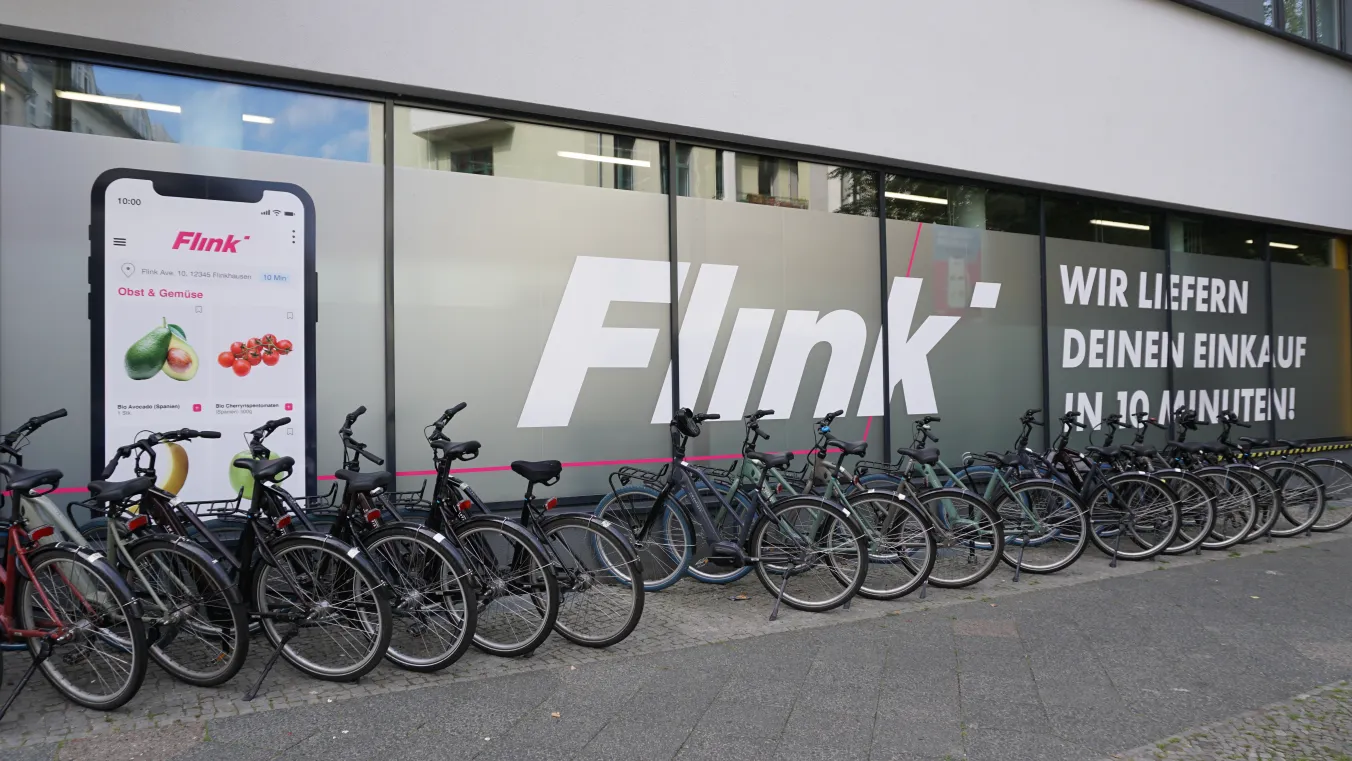Food delivery app accused of sabotaging union efforts

FOOD delivery drivers in Berlin are accusing their employers of sabotaging their efforts to unionise following concerns over shift hours.
Workers at Flink, a delivery app that promises to get groceries to your door in under 10 minutes, planned to elect members to form a workers’ council, taking the first steps towards unionising.
The Flink Workers’ Collective, which is organising the vote, has said the drivers have raised issues over unpredictable hours and a lack of shifts. Despite having permanent contracts, riders have no guaranteed number of hours and can be left with none at all.
More from this author
Similar stories

















